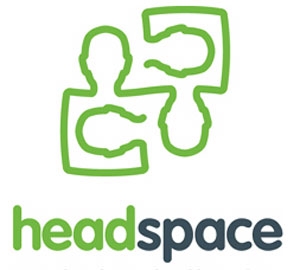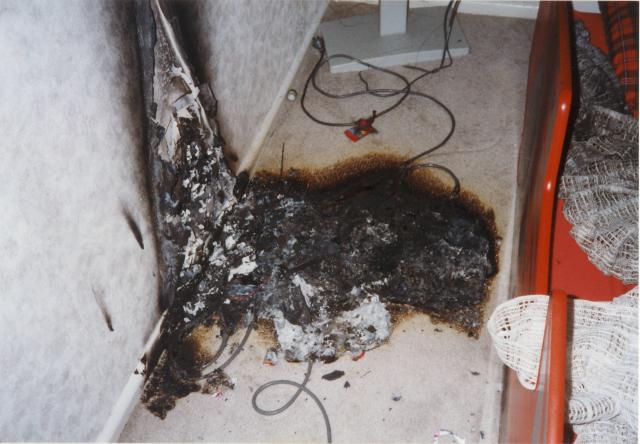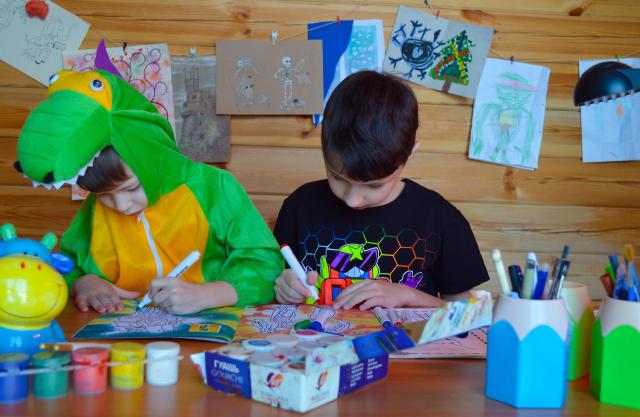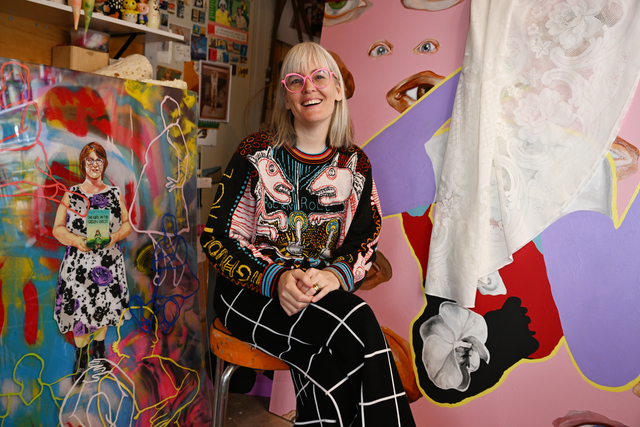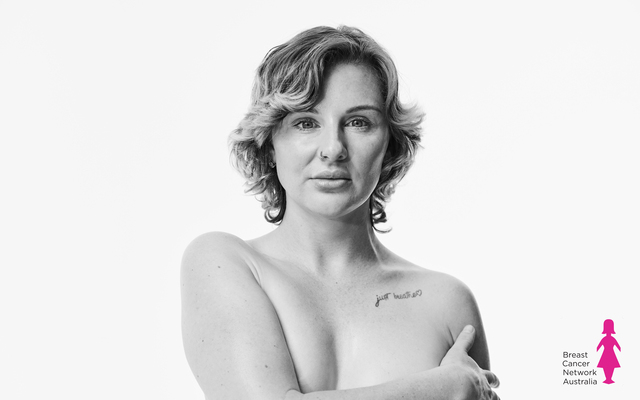Funding to expand mental health programs has been welcomed by the leading provider of youth mental health services in Australia.
Headspace chief executive Jason Trethowan said the federal budget allocation of an additional $2.3 billion across the next four years for mental health and suicide prevention, acknowledges the strength of headspace as a safe and trusted entry point for young people seeking help.
The funding will include expanding headspace, to 164 locations and Adult Mental Health services Head to Health.
“The past 12 months have no doubt been some of the most difficult for many young people,” Mr Trethowan said.
“It’s not surprising that we’ve seen an increase in need across all parts of the mental health system.
“It’s promising to see more young people reaching out for support but right now, we don’t have the workforce available to meet their needs which is adding pressure to the frontline and stress to families and young people seeking help.
“We welcome the government’s commitment to strengthen workforce and governance
arrangements by increasing the number of nurses, psychologists, and allied health practitioners in mental health settings through scholarships and clinical placements.
“The existing network of over 130 headspace services in communities would provide a strong training ground for the future workforce to gain appropriate and safe clinical experience in a youth mental health setting in both metro, regional and remote locations – areas we know are in serious need of experienced clinical workforce.”
Mr Trethowan said there was a growing number of young people presenting to headspace centres.
He said this funding would go some way to addressing the critical system reform priority.
“We look forward to the National Agreement [on mental health and suicide prevention] due in November to include further
commitments from state and territory governments, as well as the Commonwealth, to ensure every young person can access the care they need.
“We know increased investment in early intervention is key to supporting young people’s mental health.”

